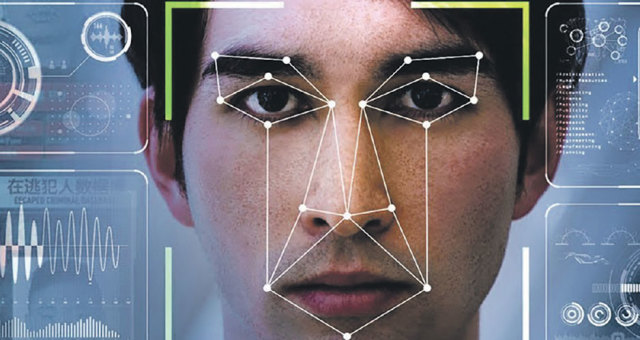The state puts likes on its citizens
As previously reported by some media, the PRC allegedly legalized the social credit system. However, the information does not correspond to reality, since such a concept is absent in the Civil Code of the People's Republic of China and in the comments to it. In fact, on the territory of the People's Republic of China, more precisely, in some administrative-territorial units-provinces or cities, the "Assessment of Social Trust"has been introduced. Regional administrations, by an agreed decision of the executive authorities and the Communist Party of China, launch such a system, which applies to local residents or government employees.
It is well known that the system of "Social Trust Assessment" is currently functioning in the provinces of Jiangsu and Guangzhou, as well as in the cities of Zhuzhou, Hohhot, Xiamen, Jinan and Suzhou. With this in mind, it is impossible to say that all citizens of the People's Republic of China are under the close supervision of the state, which intends to regulate their lives as much as possible.
Analysis of the publications of the Chinese mass media shows that the main task of this innovation is to increase the cultural level of the Chinese population and the social responsibility of citizens. The developers have provided a point assessment of the daily activities of both individuals and legal entities in order to rank them by the level of responsibility. The minimum amount is 501, and the maximum is 1100 points, which are distributed in the following categories: compliance with the requirements of the laws, labor activity, financial discipline, culture of behavior, respect for the environment, etc.Local administrations are entitled to provide a bonus of 100 points.
"Maintaining a social trust assessment system in China helps to reduce the number of accidents on the roads and increase the awareness of Chinese people ”
The assessment of the effectiveness of the work of a citizen or a company is actually carried out due to the processing of a significant amount of data received through various channels. In particular, the level of "social trust" affects the behavior of a person in public transport, handling garbage, traffic violations, and much more. Part of the data can be collected by video surveillance systems that record the movement of a person in a locality, and part-by social networks in which citizens express their civic position.
Thanks to the intensive development of digital technologies and the widespread placement of surveillance law enforcement authorities of the PRC is able to quickly determine the location of every citizen and in detail to make his route, which was demonstrated during the event to combat the spread of coronavirus infection. Another source of information about a person is messages from other citizens, but it takes time to check them – about seven days. It is known that the system can not reduce the points of "social responsibility" more than three times a year.
According to Chinese sources, the introduction of the "Social Trust Assessment" where it already operates officially, has reduced the number of traffic violations, has led to an increase in the consciousness of citizens when sorting household waste.
It is quite natural that the citizens of the People's Republic of China are quite wary of the innovation, because they are afraid that their occasional weaknesses, flaws in work or behavior can negatively affect their further work and economic well-being. According to Chinese experts, the use of the innovation is quite justified in relation to narrow groups, but its use throughout the country is both associated with additional costs and can negatively affect the internal political and social situation.
In addition to the above, we note that it was in the PRC that such a philosophical doctrine as legalism appeared, whose supporters called for the recording of all laws, norms and rules, as well as their strict adherence to the development of the state. An example of the victory of the ideas of legalism is Singapore – a city-state, the majority of whose citizens are ethnic Chinese. As experience shows, it is following the strict requirements of the legislation that has allowed Singapore to achieve significant results in economic development.
Maxim Kazanin
The newspaper "Military-Industrial Courier", published in issue # 5 (868) for February 9, 2021

